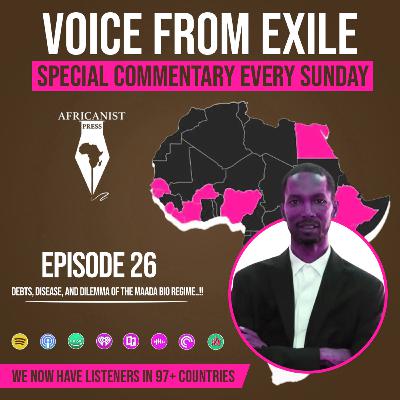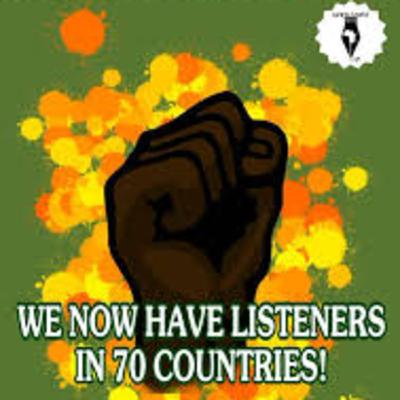African History Series: Corruption, Underdevelopment and the Debt Crisis in Jamaica
Description
This episode examines three key events to illustrate how political corruption undermined Jamaica's development and fueled the country's debt crisis.
First, we look at how a US$9.5 million World Bank loan issued in 1966 to supposedly finance the construction of 50 junior secondary schools, expand four teacher training colleges, and develop Jamaica's School of Agriculture, and the College of Arts, Science, and Technology was misappropriated by Jamaican politicians and international contractors.
Next, we examine how Jamaica's 1994 "Operation Pride Program," a housing and land distribution initiative aimed to address access to housing and land for poor communities, was corruptly used to reward political party members and organizers, depriving the actual beneficiaries for whom the program was allegedly designed.
We conclude by looking at how finance companies used a Ponzi scheme investment operation to capture Jamaica's political elites and media. We use the Olint Scandal of the mid-2000s, and the extradition of Christopher "Dudus" Coke to illustrate the extent of state and media capture in Jamaica.
This episode is based on material produced by Jamaica's National Integrity Action (NIA), a non-profit organization established in December 2011 to address corruption in Jamaica from a non-partisan perspective.
























